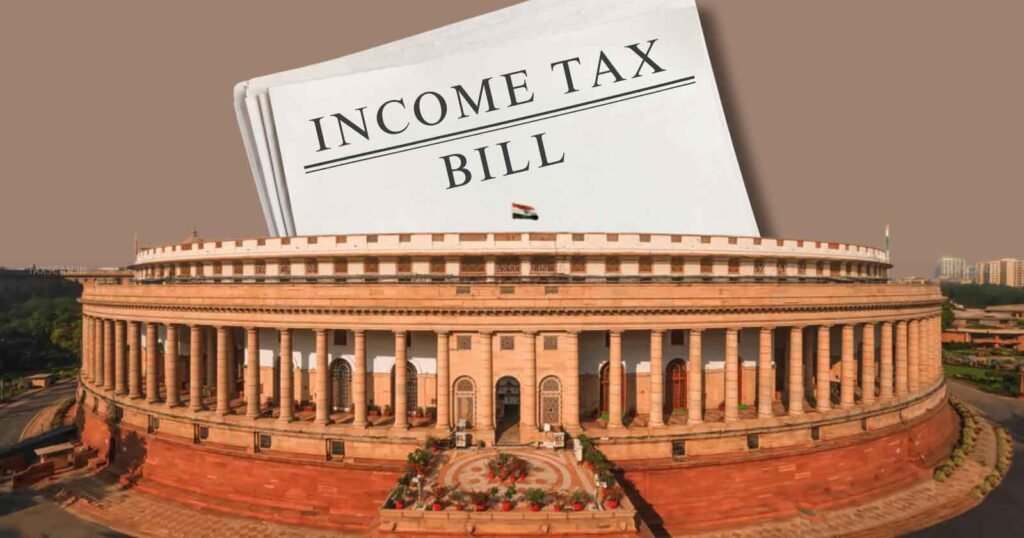The General Paper (COQP11) plays a crucial role in these exams, challenging candidates across a diverse range of subjects such as language proficiency, general awareness, logical reasoning, and computer basics. In this comprehensive guide, we break down the syllabus in detail to help you structure your study plan effectively.

-
English & Hindi Comprehension
English Comprehension
This section evaluates a candidate’s proficiency in English grammar, vocabulary, and reading skills. Key topics include:
- English Grammar – Covers fundamental rules, parts of speech, tenses, and sentence structure.
- English Usage Errors – Identifying and correcting grammatical mistakes.
- Jumbled Paragraphs – Arranging sentences logically to form a coherent paragraph.
- Sentence Correction & Improvement – Refining sentence structures to improve clarity and correctness.
- Reading Comprehension – Answering questions based on given passages.
- Paragraph Completion – Filling in missing information within a paragraph.
- One-word Substitution – Replacing phrases with single words.
- Synonyms & Antonyms – Enhancing vocabulary knowledge.
- Idioms & Phrases – Understanding commonly used expressions and their meanings.
Hindi Comprehension
For Hindi medium candidates, comprehension skills are equally important. Topics covered include:
- Hindi Grammar– Fundamental grammatical rules.
- Error Detection– Identifying incorrect usage in sentences.
- Passage Completion – Filling in the blanks in passages.
- Sentence Construction – Understanding sentence formation.
- Types of Sentences – Classification of different sentence structures.
- Sentence Completion– Completing missing parts of a sentence.
- Synonyms & Antonyms– Enhancing vocabulary.
- Idioms & Proverbs– Learning commonly used expressions.
Exam Format:
- The question paper consists of 75 multiple-choice questions.
- All questions are based on subject-specific knowledge.
- The questions are bilingual (English & Hindi).
-
General Knowledge & Awareness
This section assesses candidates’ awareness of current events and fundamental knowledge across various domains:
- Literature – Knowledge of famous literary works and authors.
- History – Important historical events and figures.
- Indian Constitution – Fundamental rights, duties, and governance structure.
- Personalities – Prominent figures from various fields.
- Sports – Major sporting events and achievements.
- National & International Economy – Key economic policies and trends.
- Economics – Basic principles of economics and trade.
- Science – General scientific advancements and discoveries.
- Politics – Political systems, parties, and elections.
- Legal Awareness – Basic legal concepts and judiciary functions.
- Trade Awareness – Insights into national and global trade.
- Geography – Physical and political geography of India and the world.
- Culture – Important cultural heritage and traditions.
-
Computer Basics
Aspirants must be well-versed in fundamental computer knowledge. Key topics include:
- Fundamentals of Computer – Basic concepts of computing.
- Computer Abbreviations – Commonly used IT terms and acronyms.
- Computer Shortcut Keys – Important keyboard shortcuts.
- Microsoft Windows – Operating system basics.
- Microsoft Office (MS Word, Excel, PowerPoint) – Document processing and data handling.
- Types of Computers – Supercomputers, mainframes, desktops, and laptops.
- Storage Devices – Hard drives, SSDs, USBs, etc.
- Hardware & Software – Basics of computer components.
- Input & Output Devices – Keyboards, mice, monitors, printers, etc.
- Internet & Web Browsers – Understanding web navigation.
- Computer Networks – Basics of networking.
- Websites & Web Browsers – Familiarity with online platforms.
- Computer Viruses – Types and prevention.
- Important Computer-related Terms – Key terminologies in computing.
-
General Aptitude & Logical Reasoning
This section evaluates problem-solving ability, mathematical skills, and logical reasoning.
General Aptitude
- Clocks & Calendars – Solving time-related problems.
- Averages – Calculation of mean values.
- Simplification – Basic arithmetic simplifications.
- Problems on Ages, Numbers & Trains – Word problems based on numerical concepts.
- LCM & HCF – Finding Least Common Multiple and Highest Common Factor.
- Percentage, Profit & Loss – Basic financial mathematics.
- Partnerships – Business profit-sharing calculations.
- Simple & Compound Interest – Interest calculations.
- Ratio & Proportion – Fundamental concepts.
- Time & Work – Efficiency-based problems.
- Pipes & Cisterns – Water flow-related problems.
- Time & Distance – Speed-related calculations.
- Stocks & Shares – Basics of stock market concepts.
- Discount & Banker’s Discount – Financial computations.
- Geometry & Mensuration – Shape properties and calculations.
- Sets & Union – Mathematical set theory.
- Permutation & Combination – Counting principles.
- Mixture & Allegation – Ratio-based mixing problems.
- Area, Volume & Surface Area – Geometrical computations.
Logical Reasoning
- Ranking Tests – Ordering and positioning problems.
- Linear & Matrix Arrangements – Organizing elements logically.
- Sequencing – Logical sequence finding.
- Statements & Arguments – Evaluating statements and conclusions.
- Cause & Effects – Identifying causation.
- Statements & Assumptions – Logical deduction.
- Number Series – Identifying numerical patterns.
- Blood Relation Tests – Family tree problems.
- Coding & Decoding – Deciphering coded messages.
- Inferences – Drawing logical conclusions.
- Non-Verbal Reasoning – Visual and spatial reasoning.
- Analogy Tests – Finding relationships between objects.
- Symbol-based Problems – Understanding logical symbols.
- Direction & Distance Test – Navigation-based reasoning.
- Analytical Reasoning – Logical analysis of given data.
Final Thoughts
The General Paper (COQP11) covers a diverse range of topics, requiring a well-structured study plan. Candidates should focus on:
- Strengthening language skills in both English and Hindi.
- Staying updated with current affairs.
- Practicing logical reasoning and numerical problems regularly.
- Enhancing computer proficiency.
By following a strategic approach, candidates can maximize their scores and improve their chances of success in competitive exams.
Read Also:
- Justice BV Nagarathna Advocates for Greater Gender Representation in Law and Governance
- Supreme Court Ruling on Lease Agreements: No Leasehold Rights Without Execution Registration
- West Bengal Judicial Services (WBJS) 2022: Candidates Stuck in a Recruitment Deadlock





